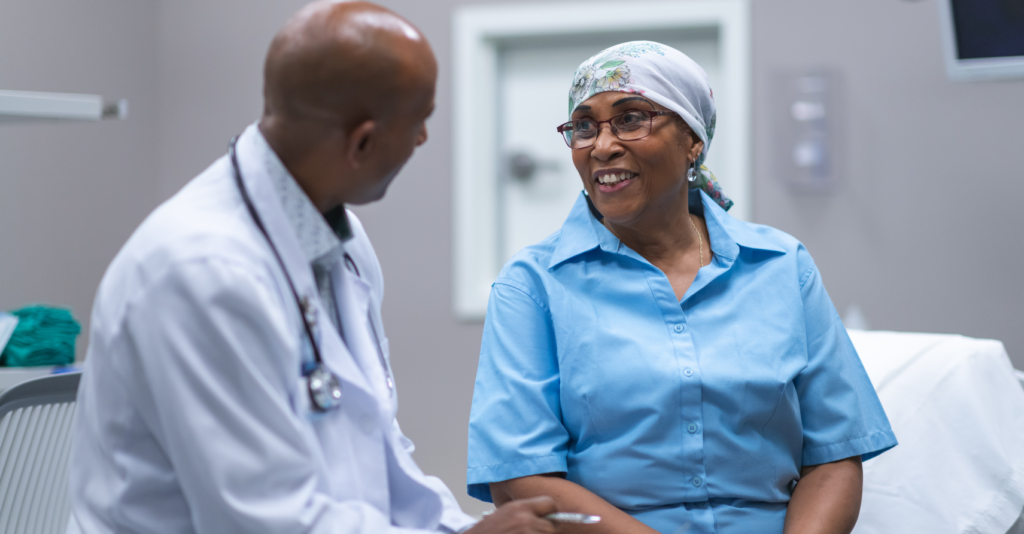
What happens in your body when you have colorectal cancer?
Signs and Symptoms of Colorectal Cancer
General symptoms of colon cancer include:
- Blood in the stool or rectal bleeding
- Change in bowel habits (diarrhea, constipation)
- Thinner stool caliber
- Ongoing discomfort in the belly (cramps, gas or pain)
- A feeling of incomplete bowel movements
- Fatigue and weakness
- Unintentional weight loss
Related Link
Causes and Risk Factors of Colorectal Cancer
Risk factors that may increase your chance of developing colon cancer include:
- Older age (risk increases over 50)
- Family history of colon cancer or polyps
- Certain inherited conditions (Lynch syndrome and familial adenomatous polyposis)
- History of inflammatory bowel diseases
- Racial and ethnic background (American Indian and Alaska Native people have the highest rates of colorectal cancer in the United States)
Other factors linked to increased risk include:
- Excessive alcohol use
- Obesity
- Sedentary lifestyle
- Smoking
- Possibly, poor dietary habits
Related Links
Accessing the Best Colorectal Cancer Care
Expert Tips
- Get information about choosing a colon cancer specialist or treatment center
- Talk with loved ones about how they can support you
- Find out what your insurance covers
- Learn about how testing may impact treatment
- Determine if financial assistance is available
Related Links
Colorectal Cancer Access & Early Detection Programs
Empowers patients and families by addressing factors like age, ethnicity, and insurance that impact outcomes. Gain confidence in your healthcare decisions, no matter where you live.
Topics:
- Self-Advocacy Colon Cancer Patient Profiles
Understand testing and screening options that can evaluate your risk or lead to an early diagnosis in a more treatable stage of disease.
Topics:
- Understanding Colon Cancer Screening and Detection
- Tips and Advice for Colon Cancer Patient Self-Advocacy
- Colon Cancer Research Developments
Aims to provide digital literacy skills training with a series of easy-to-follow video modules, coupled with resource guides to educate you on technology and online support tools.



